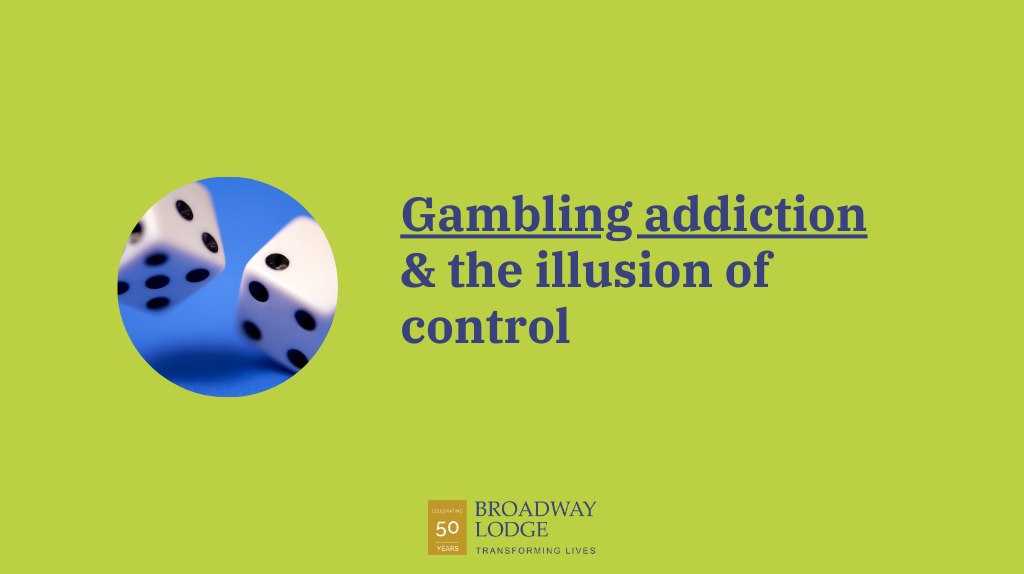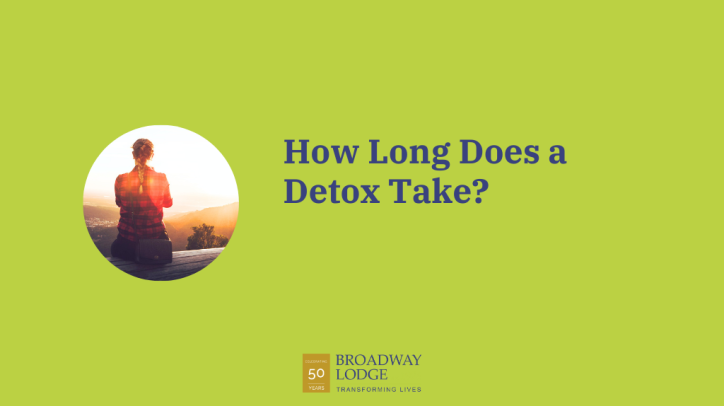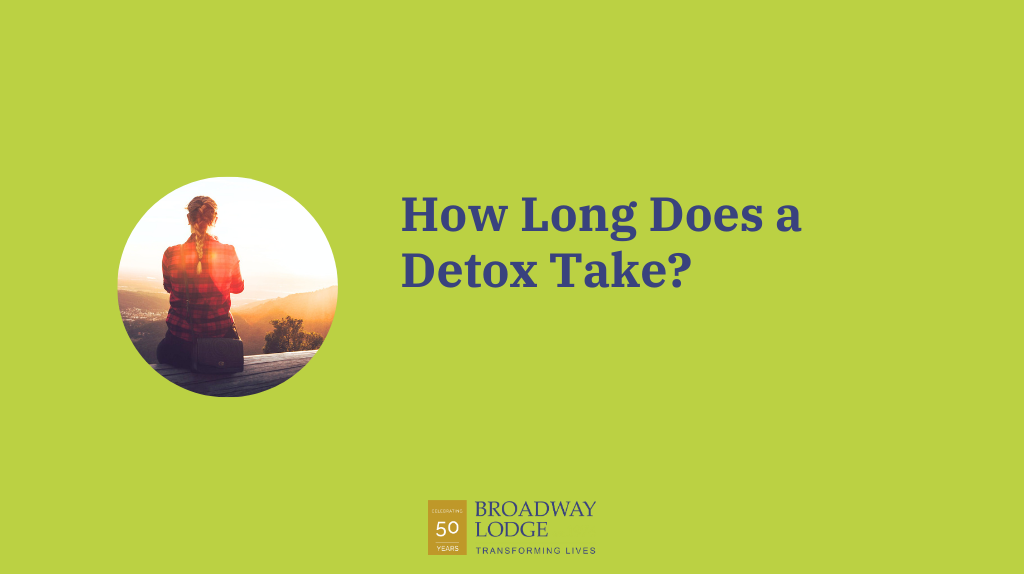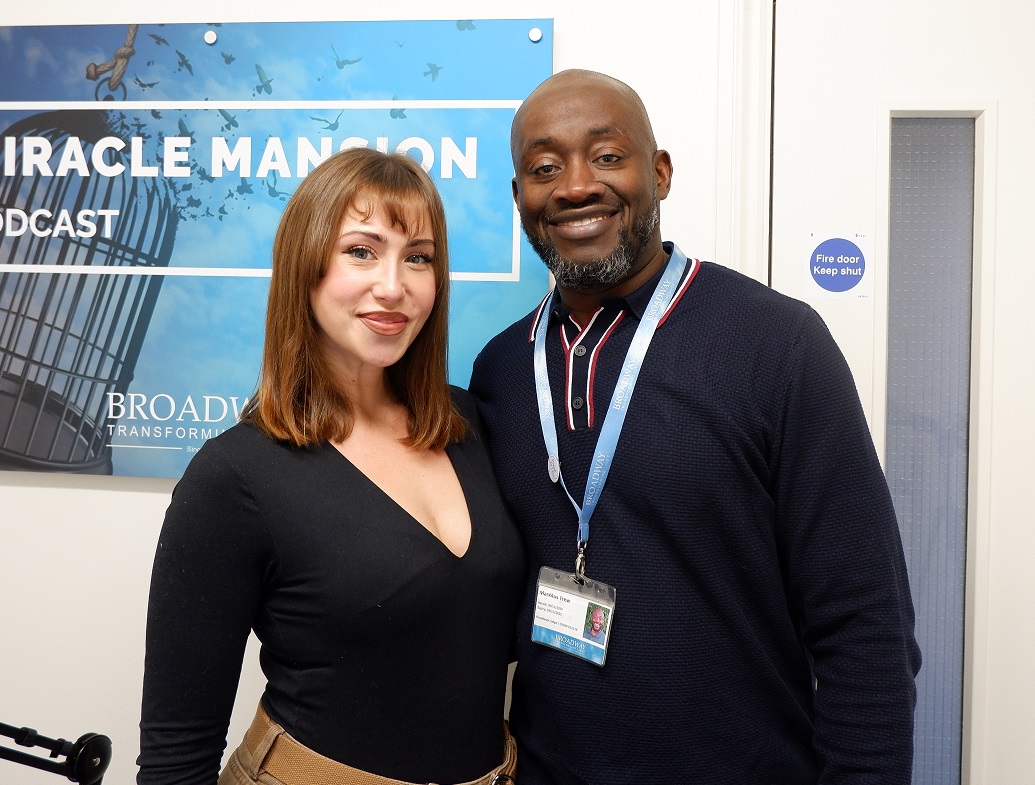Gambling addiction is driven by psychological factors and brain’s reward system.
Recovery options include therapy, rehab, support groups, and financial safeguards.
Gambling is often seen as a harmless form of entertainment, but we know that it can spiral into something a lot worse than that. According to a UK Gambling Commission report, as of September 2020, approximately 0.4% of adults in the UK (around 210,000 individuals) were classified as problem gamblers.
A night out at the casino, a quick spin on a slot machine or a friendly punt on a football match—these are activities that many people enjoy without problems. However, for some, gambling becomes more than just a game. It turns into a compulsive behaviour that takes over their lives.
It can seem unfair – Gambling is everywhere, constantly tempting you with the thrill of the game and the promise of a potential win. In the UK, gambling sponsors are on the shirts of nearly half of the teams in the Premiership football league. And, it can have a big impact on people who are vulnerable to problem gambling.
In this post we’re going to look at the psychology behind gambling addiction, which if you feel you’re addicted, may help you on the first step to recovering.
But please remember: Gambling addiction is a challenging condition that demands professional care. At Broadway Lodge, we’ve been offering abstinence-based treatment since 1974. Over the years, our dedicated team has supported thousands of individuals in overcoming addictions to substances like drugs and alcohol, as well as gambling, sex, and gaming. While rehab may not have been something you or your loved one expected, it can be the most effective step toward reclaiming your life and building a healthier future.
Why is Gambling Addictive?
At its core, gambling addiction is tied to the brain’s reward system. When a person gambles, their brain releases dopamine—a feel-good neurotransmitter—similar to how it does with other enjoyable activities. Winning amplifies this release, creating a euphoric and rewarding sensation. Over time, some individuals chase this “high,” even when the losses outweigh the wins.
Here’s the thing—gambling isn’t just addictive when you win. It’s the unpredictability that pulls people in. That “will I win or lose?” feeling taps into the brain’s reward system, keeping you hooked. It’s called the “variable reward system,” an unpredictable mix of wins and losses that keeps you coming back for more.
Psychological factors that contribute to gambling Addiction
There are several psychological reasons why gambling addiction develops. Here are some of the most common ones:
1. Escapism and coping with stress
A lot of people turn to gambling to escape their problems—whether it’s stress, anxiety, depression, or just feeling lonely. For a little while, it can feel like a break from the pressures of daily life. But that short-lived relief can quickly turn into bigger problems if gambling becomes an addiction.
2. Illusion of control
The illusion of control is something many gamblers experience. It’s that feeling that you can somehow influence the outcome of a game—like thinking you can roll the dice just right or pick the “lucky” slot machine. This false confidence can make people feel overconfident and keeps them coming back for more.
3. The gambler’s fallacy
You may have heard of the phrase, “I’m due for a win.” This belief is a classic cognitive distortion known as the Gambler’s Fallacy—the idea that past losses somehow increase the chances of future wins. It’s a dangerous mindset, as it keeps gamblers stuck in a cycle of loss-chasing.
4. Reward deficiency
Some research suggests that individuals with gambling addiction may have a “reward deficiency” syndrome. This means their brain has a lower sensitivity to natural rewards (like hobbies, spending time with loved ones or enjoying a meal), making gambling an even more appealing activity. Find out more about reward deficiency here.
5. Peer influence
For some, gambling is not just about the activity itself but about the social aspect. Being surrounded by peers who regularly gamble or being part of social environments like casinos or online betting platforms can normalise the behaviour, making it harder to resist.
The impact on relationships and mental health
Gambling addiction doesn’t exist in isolation—there are often other symptoms or problems that lead on from it.
Gambling addicts often struggle with other mental health issues like anxiety, depression or substance abuse. Losing money and realising how their behaviour affects others can make these feelings worse, creating a tough cycle of addiction and emotional pain.
Money problems, dishonesty and emotional distance can really take a toll on relationships and loved ones might feel hurt or betrayed, especially when promises to quit gambling are broken.
How to seek help for gambling addiction
If you or someone you care about is struggling, there is hope. Recovery is possible, and there are resources available to provide support:
1. Rehabilitation
Rehabilitation for gambling addiction typically involves a range of therapeutic interventions including counselling and education to help individuals understand the underlying causes of their addiction and develop healthy coping mechanisms. They provide a supportive, safe space for individuals to address the psychological, emotional and behavioural aspects of their addiction. This can empower them to break free from the cycle of gambling, learn the tools for a long-term recovery journey and regain control over their lives.
2. Therapy and counselling
Cognitive Behavioural Therapy (CBT) can be effective in tackling gambling addiction. It works by identifying and changing unhealthy gambling patterns and addressing the underlying emotional triggers.
3. Support groups
Organisations like Gamblers Anonymous (GA) provide a sense of community and understanding. Sharing experiences with others who have been through similar struggles can be incredibly therapeutic.
4. Self-exclusion
GAMSTOP is an excellent free tool that allows individuals to voluntarily ban themselves from casinos or online gambling platforms. This can be an important step to minimise temptation.
5. Financial safeguards
Handing over control of finances to a trusted friend or family member can help stop impulsive gambling behaviour. Setting spending limits with banks or apps can also be helpful.
6. Education
Understanding the psychological mechanisms at play—such as the illusion of control or the gambler’s fallacy—can empower individuals to challenge their addictive behaviours.
7. Professional help for loved ones
If you are a friend or family member of someone struggling with gambling addiction, you don’t have to tackle it alone. Seek guidance from therapists or support groups aimed at helping loved ones of addicts, such as Gam-Anon or through our Online Family Programme which is led by a counsellor and held once a month.
Final thoughts
Gambling addiction is complex and deeply rooted in both psychological and social factors. It’s important to remember that it is not about a lack of willpower or character flaws—it’s an illness that requires understanding and treatment.
Recovery is a personal journey, but you don’t have to go through it alone. Whether you’re dealing with addiction yourself or supporting someone who is, asking for help is a brave and important step.
If you or someone you know is considering beginning their recovery journey from addiction, contact us to find out about treatment at Broadway Lodge, call our admissions department on 01934 815515 (9am-5pm Monday to Friday) or email hello@broadwaylodge.og.uk. For more information on how Broadway Lodge can offer support for both you and your loved one please look at our Gambling Addiction page.












